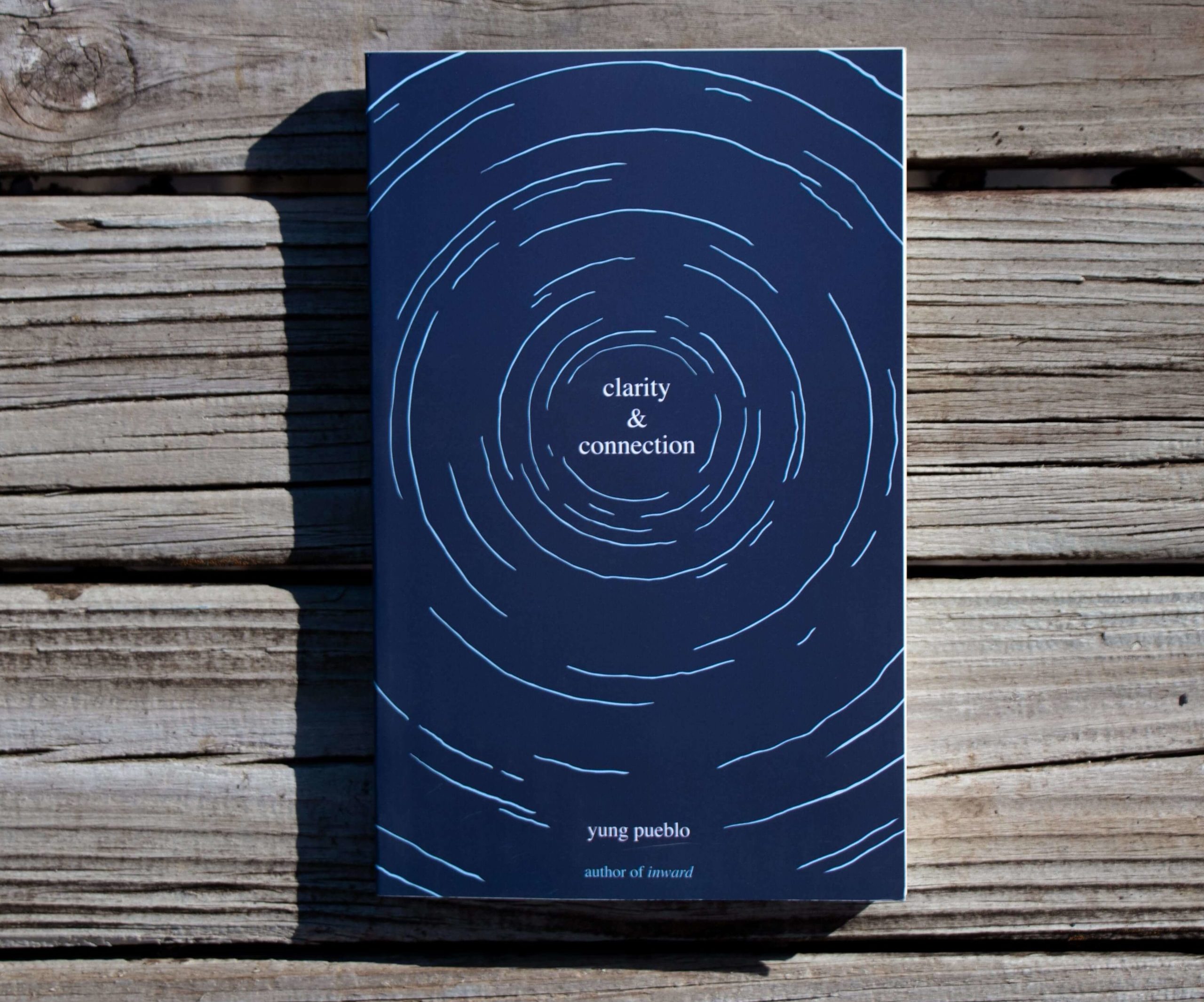

(And, yes, language does have both meaning and consequences.) Our language is not healing us at the moment, whatever language it is that you identify with. That is very much to his credit, I think. If you study Buddhism at all you will find a lot of familiar ground here although he only once, if my search worked correctly, mentions the word Buddha or Buddhism. “How many times have you been unable to fully enjoy a special moment because you couldn’t stop thinking about what was missing?” But he does suggest, rightly so, I think, that we “throw away the idea that you need to pause your life until you are fully healed.” Life is motion. His vision of self is a very healthy one. I can’t truly have a healthy relationship at any level if I don't understand myself first. Not trauma as we often think of it, perhaps, but the trauma of “jealousy, anger, doubt, and low self-worth.” And the recovery “is not about managing your emotions it is about managing your reactions to your emotions” because “our reactions tell us what our mind has internalized from our past experiences.” And since each and every one of us has different experiences, everything starts with self. There is material on self-awareness, personal relationships, and society at large, but it all comes back to self. I have never encountered this author or his work before reading this book but was not surprised to learn, after finishing the book, that he began his thoughtful journey during a meditation course focused on the self.


 0 kommentar(er)
0 kommentar(er)
